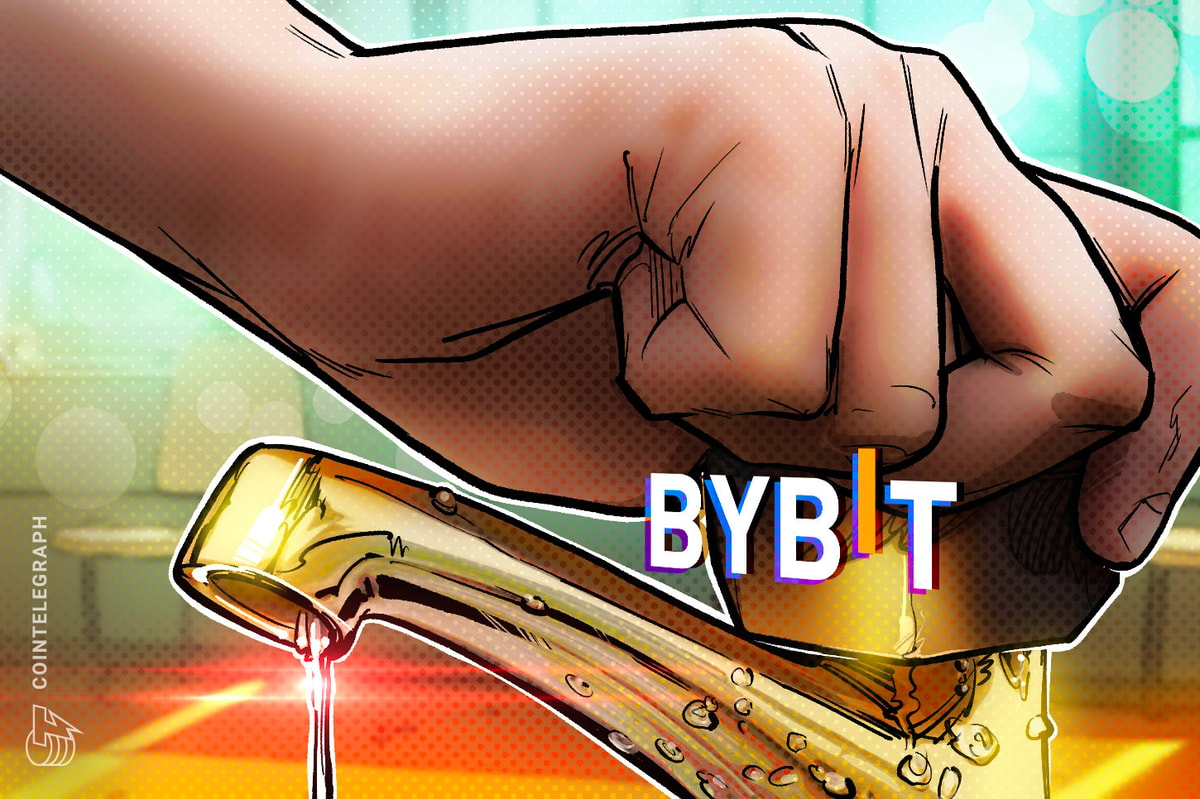- Mark Zuckerberg is making the same mistakes that plagued former Yahoo CEO Marissa Mayer.
- Mayer made ambitious bets that never paid off for Yahoo, which was ultimately sold to Verizon.
- Zuckerberg, too, is making a big bet on the metaverse, one better suited for the venture capital world.
An internet behemoth whose growth is lagging. A brilliant CEO spearheading an ambitious bet. An employee base fearful of high demands and looming layoffs.
This is what’s happening inside Meta right now. It’s also what happened almost a decade ago at Yahoo.
As Meta shifts to become “a metaverse company” amid stalling user growth and slowing ad sales, stories are emerging about the growing pains that have arrived alongside the changes. The New York Times reported Sunday that current and former employees are skeptical of the push toward augmented and virtual reality, and wary of CEO Mark Zuckerberg’s shifting priorities.
Their concerns are beginning to echo the internal turmoil at Yahoo under the tenure of Marissa Mayer, a tenure that ended in Mayer stepping aside and the company being sold off for a fraction of what it was once worth. Now, years after Yahoo’s failed turnaround, Zuckerberg is repeating Mayer’s mistakes.
The metaverse is an unusually risky bit for a big tech CEO
Zuckerberg announced nearly a year ago that Facebook would change its name and change its focus — he said at the time that the metaverse the company’s “new north star.” Over time, Zuckerberg is betting, people will live and work in a virtual universe and interact using avatars.
But that’s exactly what it is — a bet — and a risky one for the 18-year-old company.
Zuckerberg’s metaverse play isn’t unusual in the tech world, it’s just not one we’ve often seen pay off outside the world of venture capital. Unlike a VC that can make dozens of risky bets on startups in hopes that maybe one becomes the next billion-dollar company, Meta doesn’t necessarily have that ability, nor that luxury — after all, it has virtual reality headsets to make, and social media platforms to grow, and advertising dollars to recoup.
Meanwhile, Meta is pouring time and resources into the metaverse and hemorrhaging money along the way. The company lost $10 billion on its big bet in 2021 — a significant sum even by Meta’s standards — and Zuckerberg told shareholders this year that trend will continue for the next three to five years.
And while Zuckerberg has been clear that he’s playing the long game when it comes to the metaverse, it’s a game he needs to win, one industry veteran told Insider earlier this year.
“Facebook has the courage, the capital, and the capability to make it work and to become a major player,” the person said. “But they can’t be wrong.”
Marissa Mayer also had an ambitious vision — and it didn’t pay off
AP/Eric Risberg
If this is ringing any bells for you, you probably lived through Yahoo’s rise and fall.
As Insider Global Editor-in-Chief Nich Carlson chronicled in his 2014 book on Mayer, Yahoo, too, was an advertising behemoth. By 2004, the company was netting $3.5 billion in revenue and had a market capitalization of $128 billion. But competition started heating up from rivals like eBay and Google — and later, ironically enough, Facebook — and ad dollars soon began to dry up. By 2012, Yahoo’s worth had plunged to around $20 billion.
Enter Mayer, who was tasked with restoring Yahoo to its position as one of the world’s preeminent tech firms, one that could rival Google, Facebook, Apple, and Amazon.
Mayer’s bets were as bold as they were unfocused: Make a Yahoo app for everything! Hire Katie Couric for $5 million a year! Create scripted shows like Netflix! Buy blogging platform Tumblr for $1.1 billion! But none of those big bets paid off. Two years after she arrived, Yahoo’s exciting turnaround hadn’t materialized and the company’s revenue remained stagnant.
In 2016, the era of Yahoo operating as a standalone company came to an end when Verizon paid $5 billion to acquire Yahoo and merged it with AOL. Mayer stepped down as CEO.
There are other aspects Zuckerberg’s situation that mirror Mayer’s
Arnd Wiegmann/Reuters
Internally, Meta is beginning to mirror Mayer’s Yahoo.
Meta employees who spoke to The Times described frequent strategy shifts that seem rooted in Zuckerberg’s desires rather than a concrete data, as well as Zuckerberg’s willingness to spend vast sums of money on projects that had no guarantee of success, so much money that former Oculus exec John Carmack said it made him “sick to my stomach.”
Similarly, at Yahoo, Mayer was described as making decisions with her gut rather than data, like when Yahoo paid as much as $10 million per year to host the “Saturday Night Live” archives, or when it hired Couric as the site’s “global anchor,” even after her earlier videos for the site flopped.
Then there’s the company culture. Mayer implemented a controversial performance ranking system during her tenure intended to inspire hard work and sniff out under-performing employees, but it backfired, leading to a frustrated workforce and low morale.
Zuckerberg now also appears be eager to weed out low performers and employees who aren’t on board with his metaverse vision. At an all-hands meeting in June, he told staff that Meta would be “turning up the heat” on performance goals to weed out disengaged employees. Meta now appears to be shifting performance expectations and urging managers to push staffers out the door, Insider reported this month.
If Zuckerberg is right and the metaverse is the future, these moves are prudent and will help propel Meta ahead of the competition. And there’s reason to believe his ambitious plan will work — after all, Zuckerberg already reinvented Facebook once when he foresaw the shift from desktop to mobile, a strategy that even his former No. 2 Sheryl Sandberg thought was risky at the time.
But if his bet doesn’t pay off, then we could see Meta go the way of Yahoo.
Read More: www.businessinsider.com








 JumpToken
JumpToken  STUFF.io
STUFF.io  Bridged Tether (StarkGate)
Bridged Tether (StarkGate)  Counterparty
Counterparty  Liquid Mercury
Liquid Mercury  Ghiblification
Ghiblification  Open Exchange Token
Open Exchange Token  Nimiq
Nimiq  Frok.ai
Frok.ai  My Lovely Coin
My Lovely Coin  USSI
USSI  LooksRare
LooksRare  KiloEx
KiloEx  Mochi
Mochi  CryptoFarmers
CryptoFarmers  Salute
Salute  Ellipsis [OLD]
Ellipsis [OLD]  Wise Monkey
Wise Monkey  PumpBTC
PumpBTC  Phoenix Global [OLD]
Phoenix Global [OLD]  Luce
Luce  Worldwide USD
Worldwide USD  Sturdy
Sturdy  YieldNest Restaked ETH
YieldNest Restaked ETH  CoinNavigator
CoinNavigator  HERBCOIN
HERBCOIN  Swell Restaked BTC
Swell Restaked BTC  OX Coin
OX Coin  PIVX
PIVX  Streamr
Streamr  Portal
Portal  Ribbon Finance
Ribbon Finance  KRYLL
KRYLL  Boba Oppa
Boba Oppa  Own The Doge
Own The Doge  THORSwap
THORSwap  MON
MON  BeethovenX sFTMX
BeethovenX sFTMX  DEFI.ssi
DEFI.ssi  Colony
Colony  BLOCKLORDS
BLOCKLORDS  PYTHIA
PYTHIA  Cocoro
Cocoro  Department Of Government Efficiency
Department Of Government Efficiency  Jelly-My-Jelly
Jelly-My-Jelly  AGiXT
AGiXT  BOB
BOB  Slash Vision Labs
Slash Vision Labs  Mintify
Mintify  YieldFi yToken
YieldFi yToken